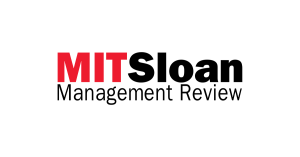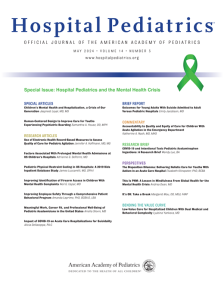 The MSKCC library now subscribes to the MIT Sloan Management Review. This publication features research-based articles on strategic leadership, digital innovation, and sustainable business.
The MSKCC library now subscribes to the MIT Sloan Management Review. This publication features research-based articles on strategic leadership, digital innovation, and sustainable business.
MIT Sloan Management Review explores advances in management practice among influential thought leaders in business and academia with evidence-based insights and guidance to innovate, operate, lead, and create value in a world being transformed by technology and large-scale societal and environmental forces. It creates content across various media, including web, app, podcasts, and live and recorded videos.
 The MSK library now subscribes to the new eJournal,
The MSK library now subscribes to the new eJournal,  The MSK library now subscribes to the eJournal,
The MSK library now subscribes to the eJournal,